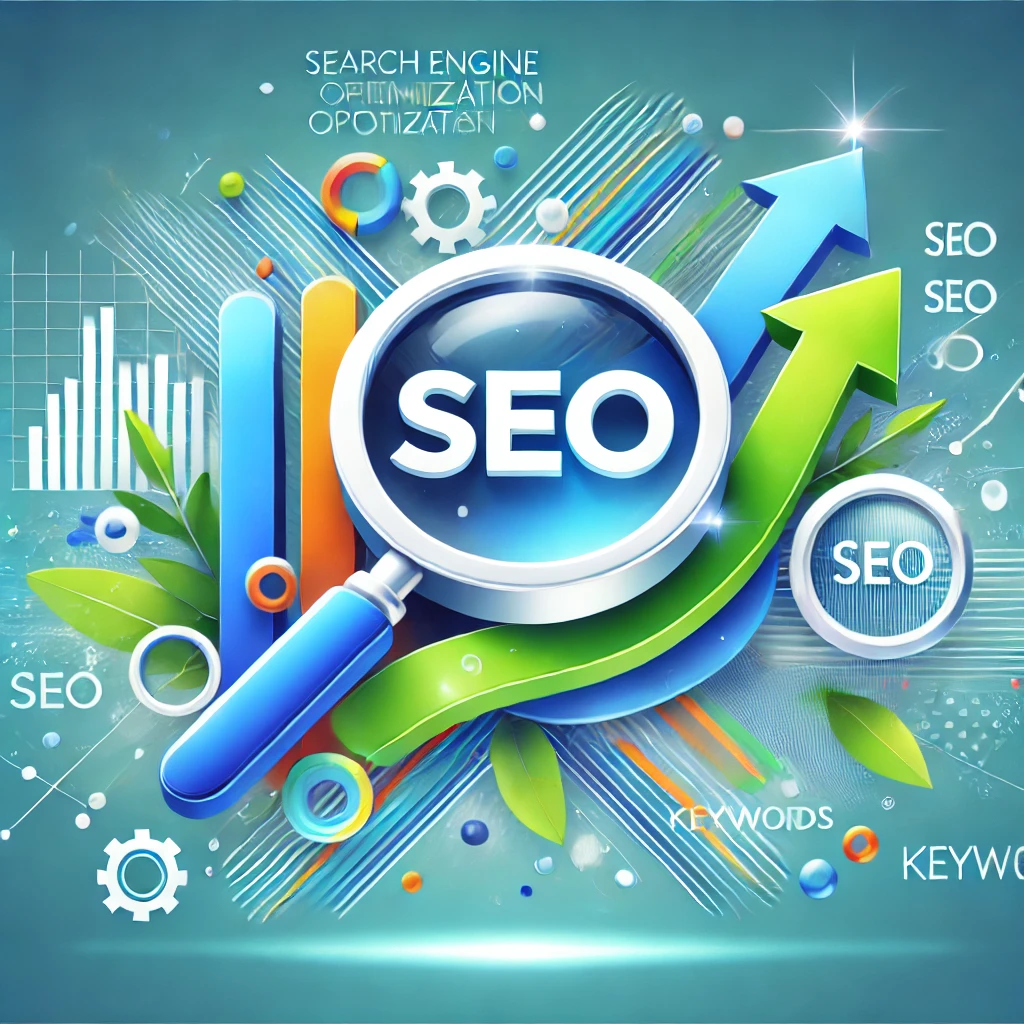The Impact of Website Speed on Customer Experience
In the fast-paced digital world, website speed plays a critical role in shaping customer experiences. Studies show that visitors expect a website to load within 3 seconds or less. A slow-loading site can frustrate users, leading them to abandon your page and seek alternatives—potentially costing your business valuable customers and revenue.
Speed is directly linked to user satisfaction. Fast websites create a positive first impression, encouraging visitors to explore further. Conversely, delays in loading times can lead to higher bounce rates, negatively affecting your brand reputation and search engine rankings.
Moreover, website speed is a crucial factor in SEO performance. Search engines like Google prioritize fast-loading websites, as they enhance user experience. This means a slow site can hinder your visibility and reduce organic traffic.
For e-commerce businesses, speed directly impacts sales. Studies reveal that even a one-second delay in loading time can reduce conversions by up to 7%. Faster sites lead to smoother transactions, higher customer satisfaction, and repeat business.
To improve website speed, consider optimizing images, using efficient hosting services, and leveraging caching techniques. Regularly testing your site with tools like Google PageSpeed Insights can help identify areas for improvement.
In today’s competitive market, a fast website isn’t just a technical requirement—it’s a key driver of customer loyalty and business growth.




